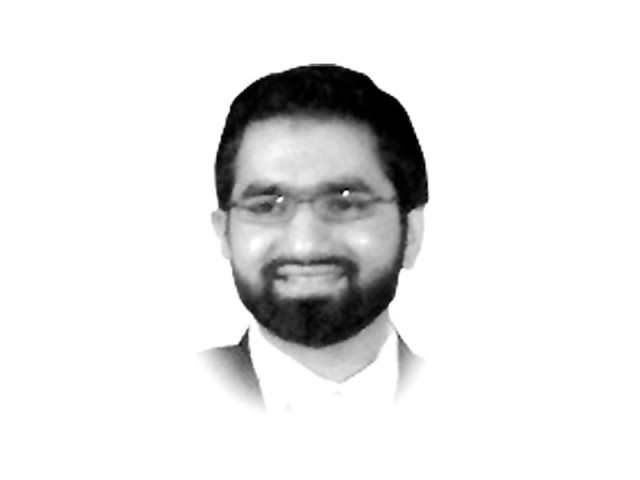Indecision is a decision too
You have to give up something meaningful while committing yourself to a life goal or priority

The writer is the recipient of the James A Wechsler Award for International Reporting and a graduate of Columbia University’s Graduate School of Journalism. He tweets @Mbilallakhani
“When I decided what I truly wanted to do with my life,” he shared, “I realised I could only do justice to a maximum of four and a half roles. If I tried to do everything, I would end up doing nothing well. So I decided not to be a friend. I actually called up my friends and told them I made the decision not to be a good friend. My friends thought I was crazy. I told them I wouldn’t be able to attend their one-year-old’s birthday party or call them every week but I would be there for them if they really needed me. For example, when one of my friends lost his job, I was on the phone with him every night until he found a new job. But instead of being available for my friends all the time, I decided to be there only when they really needed me. This was painful and a big sacrifice. I lost many friends but the ones I kept, our relationships are even stronger.” Now this was a really provocative insight because I couldn’t imagine my life without friends. I draw my energy and hunger for life from their companionship and while I wouldn’t be able to make a similar sacrifice, I finally understood what he meant by saying you have to give up something meaningful while committing yourself to a life goal or priority, otherwise it’s nothing more than a wish. You can’t have it all.
When you hit a fork in the road in life, forcing you to decide between two life paths that will lead to dramatically different life outcomes, our first impulse is to think through our options. However, this thinking might quickly descend into indecision and paralysis by analysis. Our second impulse is to try to somehow cobble together a compromise which enables us to get the best of both worlds and buy time for delaying irreversible decisions for as long as possible. What we forget in the process is that this indecision usually leads to the worst possible outcomes from both life paths. Indecision is perhaps the only decision we’re good at making quickly but it masks a lack of real courage and confidence.
So the next piece of advice I sought from him was on decision-making. I told him that I was going through a phase of life where I was very low on self-confidence. I was constantly second-guessing even small decisions in my life. Even when I could easily distinguish between right and wrong, I was struggling to make real decisions and instead was drowning in the quick sand of indecision. “What’s your real problem?” he asked, pushing me to cut through the chase. “I can’t stop thinking about my decisions after I’ve made them,” I responded. What he said next dramatically reduced my anxiety and stress around decision-making.
“Separate the thinker from the warrior in your life,” he shared. “When making decisions, take your time to think through and physically write pros and cons. Then consult people if needed and make a final decision. Once you make your decision, go into warrior mode. Don’t question your decisions in the battlefield. Once the battle is over, you can spend time in a debrief and learn if you did the right thing so you make better decisions next time. Never re-open your decision to go to war in the middle of a war.”
Published in The Express Tribune, October 8th, 2015.
Like Opinion & Editorial on Facebook, follow @ETOpEd on Twitter to receive all updates on all our daily pieces.















COMMENTS
Comments are moderated and generally will be posted if they are on-topic and not abusive.
For more information, please see our Comments FAQ